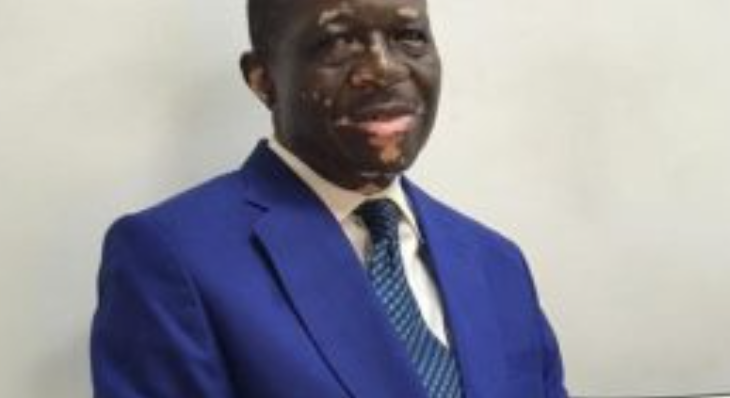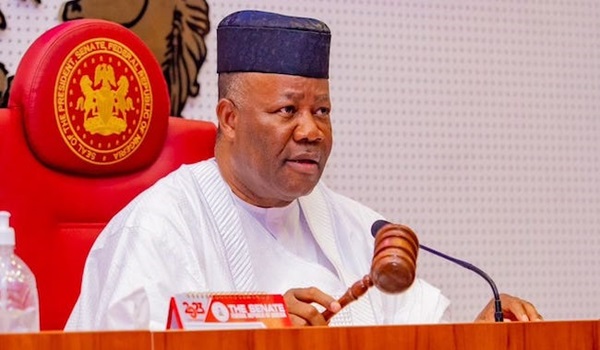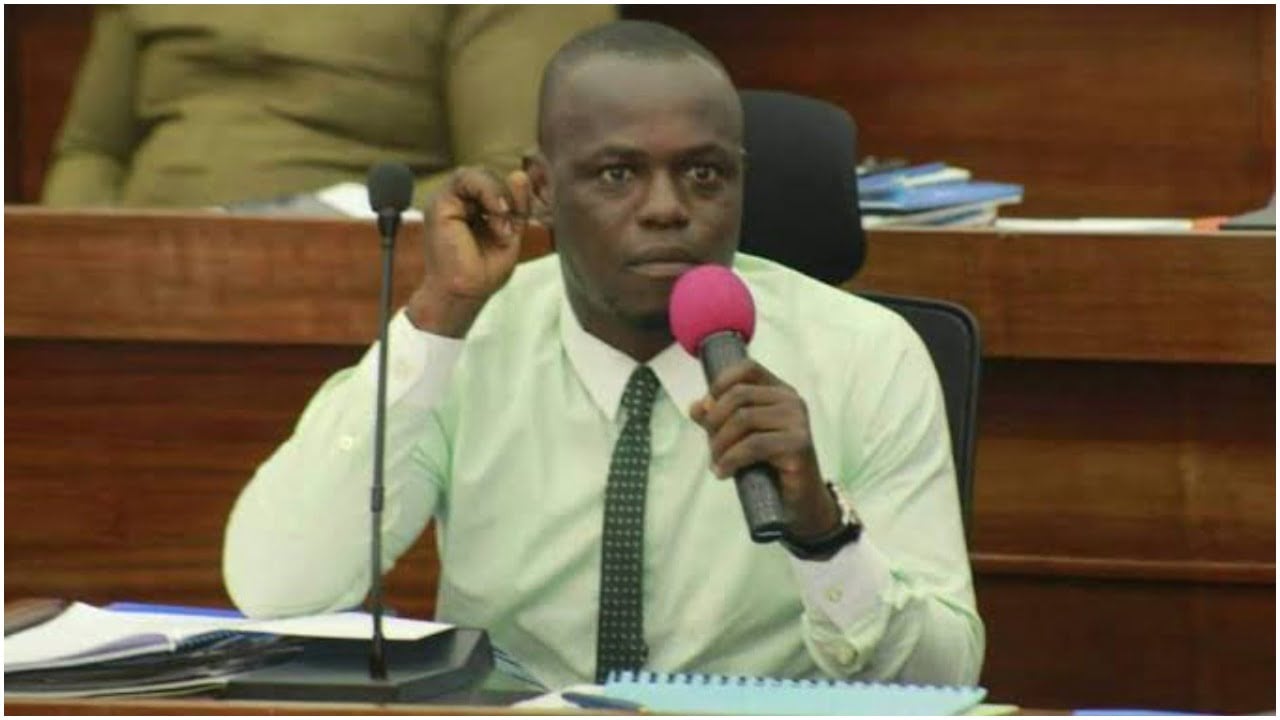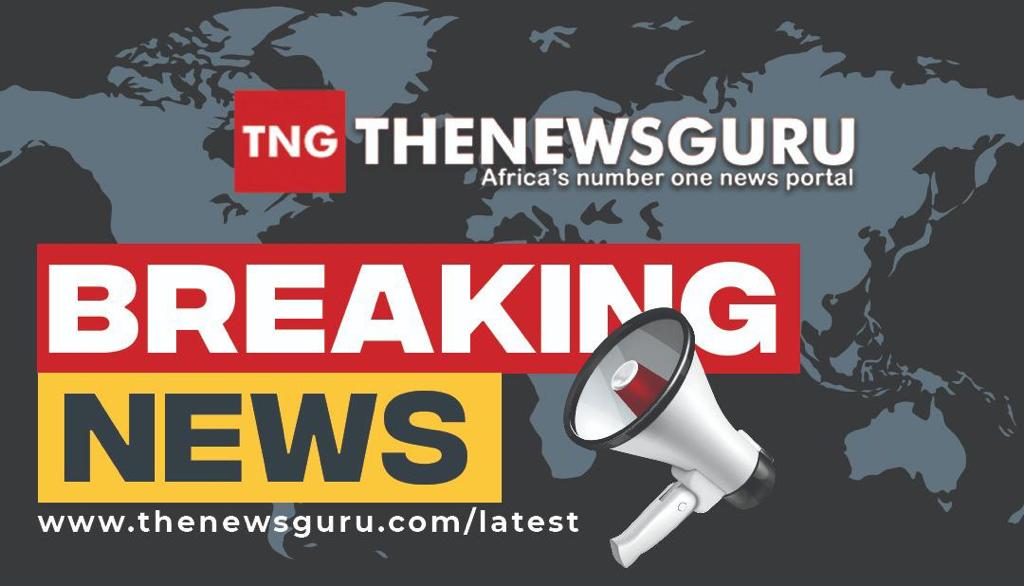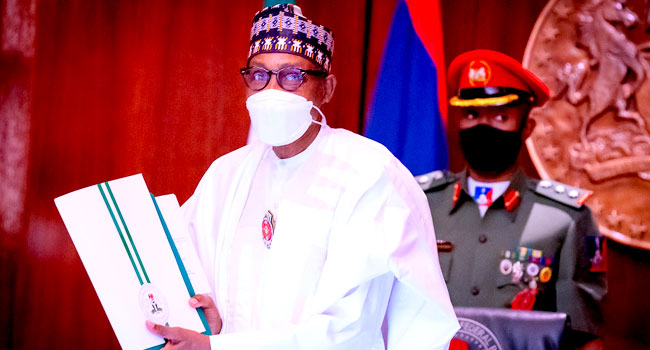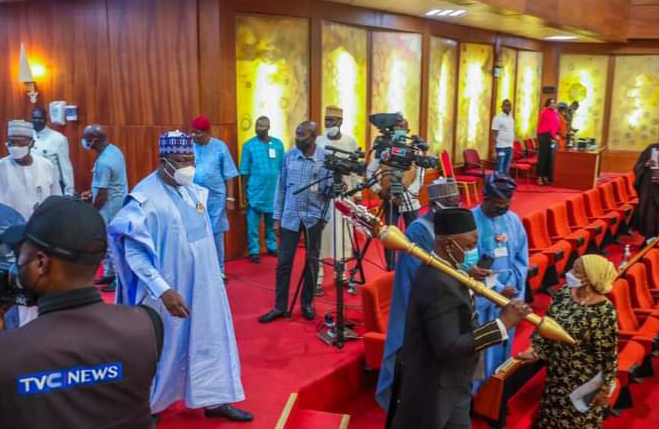Borrowed N988bn for frivolous expenditures.
The 36 states of the Federation have spent N1.71tn on recurrent expenditures including allowances, foreign trips, office stationery, aircraft maintenance, and more in the first nine months of 2023.
This is according to an analysis of their budget performance reports sourced from Open Nigerian States, a budgIT-backed website that serves as a repository of government budget data. 24 states analysed had budget implementation data covering the first three quarters of the year while 12 states had data for the first two quarters of the year.
The states cumulatively spent N802.43bn on salaries across the data period available, but investation isolated this data set to focus on other recurrent spending items. If salaries were added, total recurrent spending would have been N2.52tn.
Other recurrent spending items covered in this investigation include the amount spent on foreign and domestic travel, Internet access fees, entertainment, foodstuff, honorarium/ sitting allowance, wardrobe allowances, telephone bills, electricity charges, stationery, anniversaries/special days, welfare, aircraft maintenance, and more.
Of the 36 states, only 30 states have disbursed security votes (N87.45bn) so far. Also, the total borrowings of the states grew to N988bn as of the third quarter of 2023.
In the first nine months of 2023, ABIA spent N17.61bn on housing/rent allowance, meal subsidy, entertainment allowance, wardrobe allowance, social benefits, pension, gratuity, internet access charge, telephone charges, local and international travels, office stationeries, maintenance services, consulting and professional services, fuel, financial charges, miscellaneous expenses, and others.
In the first two quarters, AKWA IBOM spent N92.54bn on allowances and social contributions, social benefits, travel and transport, utilities such as electricity chargers, Internet access charges, and more, materials and supplies such as office stationery, drugs, laboratory and medical supplies, maintenance, training, and more. So far, the state has spent N10 million on hosting/mobilisation of political associations and interest groups, while the sum of N841.83m was spent on entertainment at meetings, and more.
ADAMAWA has so far spent N40.90bn on non-salary expenditure as of the end of Q3, 2023. Part of its recurrent expenditure which includes allowances and social contribution includes N1.29bn on furniture allowance, N1.19bn on travel and training including domestic and foreign, N214.37m on office stationery and consumables, and N413.32m on refreshments and meals.
ANAMBRA’s non-salary spend was N15.17bn as of the end of Q2, 2023; Bauchi was N70.25bn. By the end of Q2, 2023, BAYELSA had spent N58.26 on non-salary recurrent expenditure. These expenses include N2.18bn on training and travel, N1.81bn on welfare packages, N78.60m on burial logistics, N1.48bn on town hall meetings expenses, N48.20m on praise night/thanksgiving expenses, N17.70m on marriage ceremony support, and more.
BENUE’s non-salary spend was N34.44bn. It spent N387.55m on special day celebrations, N434.17m on welfare packages, N7.06bn on security votes, N1.23bn on materials and supplies such as office stationery, books, and more.
BORNO’s non-salary spend as of the end of Q3 of 2023, was N32.63bn, Cross Rivers was N43.71bn, Delta was N152.15bn, EBONYI was N30.91bn, and Edo was N41.11bn. As of the end of Q2, 2023, EKITI’s non-salary spend was N31.33bn. Part of this expense includes N2.74bn on local and international travel and transport, and N1.97bn on miscellaneous such welfare packages, refreshments, honorarium and sitting allowances, and more.
ENUGU’s non-salary spend as of the end of Q3, 2023 amounted to N33.36bn, GOMBE was N24.73bn (for Q1 and Q2). IMO was N58.21bn, where N1.21bn was spent on refreshments and meals, N866.81m on welfare packages, N3.26bn on allowances and more. JIGAWA’s non-salary spend was N49.64bn which included allowances of N22.07bn, N1.18bn on transport and travelling, N1.83bn on materials and supplies including drugs, vaccines, medical supplies, stationaries, and more.
Total non-salary spend in KADUNA was N27.87bn as of the end of Q3, KANO was N17.79bn (Q1 and Q2), KATSINA was N40.49bn, KEBBI was N24.51bn, KWARA was N41.19bn, Kogi was N58.02bn. LAGOS’s non-salary spend was N289.49bn. These expenses include N741.34m as severance pay for political office appointees, N340.95m on aircraft maintenance, N8.07bn on plant and generator costs, N1.13bn on special days/celebrations, N107.79bn on special duties, servicing of meetings N11.45bn, N2.53 on welfare packages for the public, N3.69 on enforcement expenses, and more.
NASARAWA’s non salary spend as of Q3, 2023, was N28.13bn, NIGER was N23.43bn (as of Q2), OGUN was N49.27bn (as of Q2), ONDO was N59.70bn, OSUN was N42.59bn, OYO was N24.52bn, PLATEAU was N7.99bn as of Q2, RIVERS was N51.96bn (as of Q2), SOKOTO was N20.89bn, TARABA was N24.73bn, YOBE was N25.07bn (as of Q2, 2023), and ZAMFARA was N29.14bn.
Total spending by states, including capital expenditure, amounted to N4.59tn in the period under review. States may not match their 2022 spending (N8.2tn) due to reduced revenues and macroeconomic challenges. However, there is growing concern that states are spending a lot on irrelevant items.
Government spending has come under increased scrutiny, especially considering the worsening economic challenges in the country. Recently, the governorship candidate of the Action Democratic Congress in Lagos, Funso Doherty, called out Lagos State for how it was spending public funds. This has since been met with public outcry.
In a letter to the government, he wrote, “I have had the opportunity to go through the register of public procurement awards by LASG, its ministries, and Department Agencies for the second and third quarters of 2023, as reported by the Public Procurement Agency.
“This attached schedule highlights selected awards which, in my opinion, require greater scrutiny.”
In the period under review, state governments increased their borrowing to N988.48bn to augment their FAAC allocations and internally generated revenue. 29 states now owe financial institutions and other government enterprises N536.01bn while borrowings from short and long-term borrowing from multilateral lenders such as the World Bank, the International Monetary Fund, Afrexim, and African Development Bank by 33 sub-nationals increased to N452.47bn.
Investigation revealed that Lagos state had the highest domestic debt (N200bn), then Delta (N70bn) and Oyo(N58.87bn).
Similarly, Delta state is the highest borrower from multi-lateral lenders with N71.45bn in debts, followed by Lagos with N51.36bn, Akwa-Ibom (N27.04bn) and Ogun (N22.82bn).
Recently, The Punch Newspaper reported that state governments borrowed about N46.17bn from three banks to pay salaries between January and June 2023.
Borrowing for recurrent expenditures is a growing concern to economists. An economist and former Vice-Chancellor of the University of Uyo, Prof Akpan Ekpo, recently said that “the situation is bad, but most states do not have enough in terms of internally generated revenue. A lot of the states, even their federal government allocation, cannot pay salaries, which is very dangerous. You should not borrow to pay salaries. “You should borrow to finance capital projects. States must think of new ways of increasing their IGRs. If they continue borrowing to pay salaries, it is not good for the economy.”
A development economist, Dr Aliyu Ilias, further noted, “With the current hardship we have in the country, they may not have an alternative than to resort to borrowing. But borrowing to pay salaries is becoming a problem. We must stop borrowing for recurrent expenditure. We can borrow for capital expenditure; that is okay. The consequence is that we are digging ourselves into more trouble.”
Source: The author personal research and the Punch Newspaper of November 22, 2023.
Godwin Etakibuebu; a Veteran Journalist, wrote from Lagos.
Contact:
Website: www.godwintheguru.com
You Tube Channel: Godwin The Guru
Twitter: @godwin_buebu
LinkedIn: linkedin.com/in/godwintheguru
Facebook: Godwin Etakibuebu
Facebook Page: Veteran Column
Telegram: @friendsoftheguru
WhatsApp: @friendsoftheguru
Phone: +234-906-887-0014 – short messages only.
You can also listen to this author [Godwin Etakibuebu] every Monday; 9:30 – 11am on Lagos Talk 91.3 FM live, in a weekly review of topical issues, presented by The News Guru [TNG].
